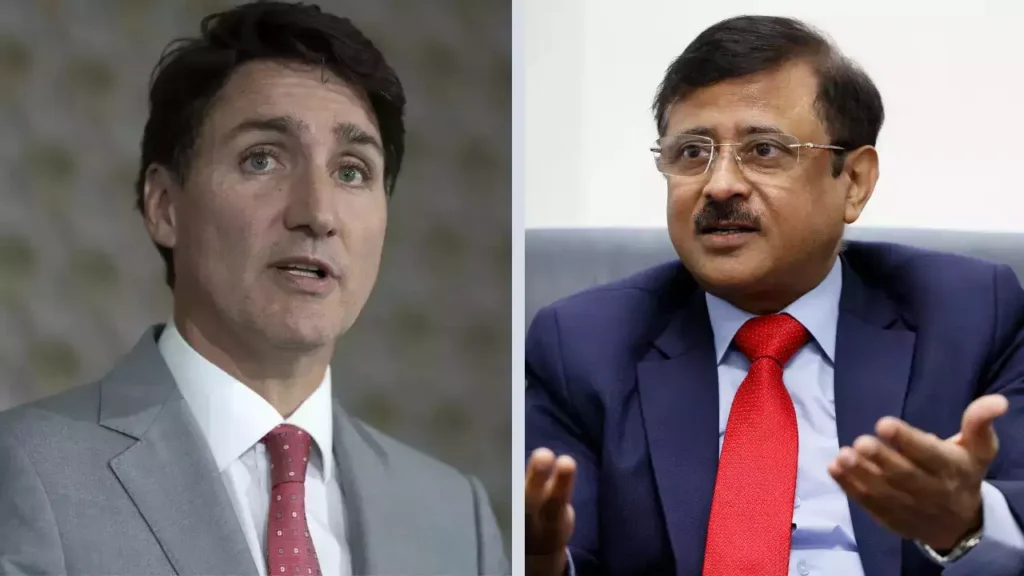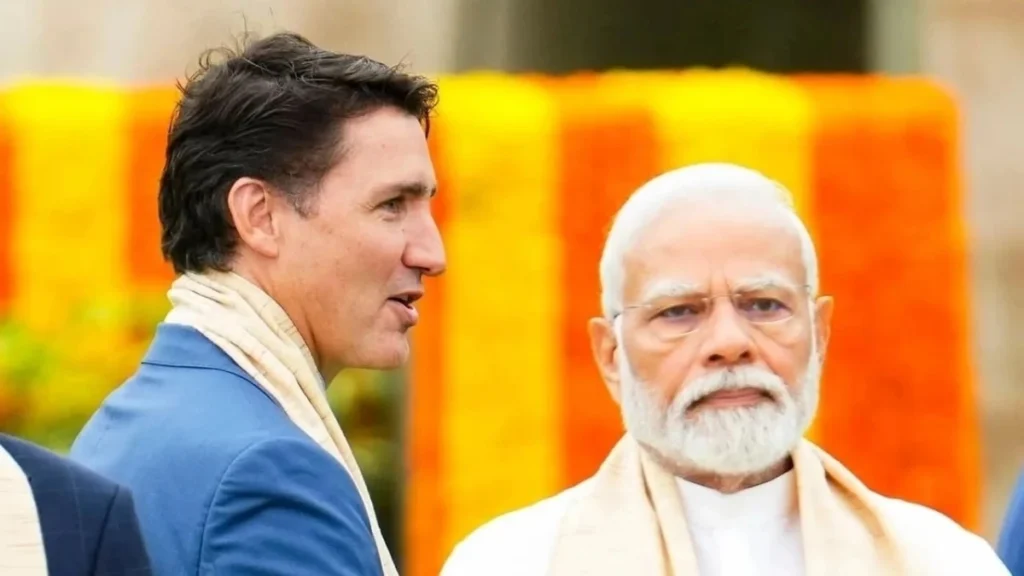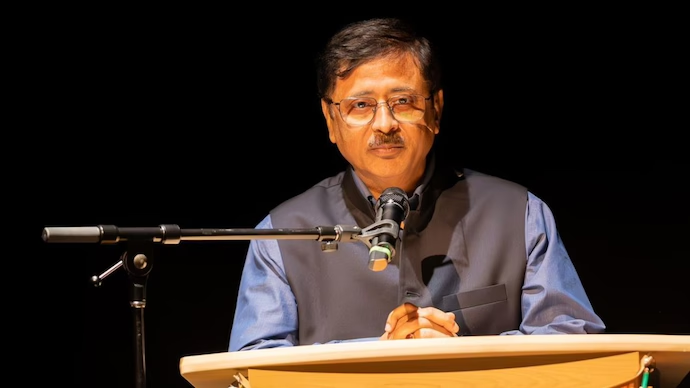Key Highlights:
The Allegations that Sparked a Diplomatic Crisis
India-Canada relations hit an all-time low in October 2024, after Prime Minister Justin Trudeau openly accused Indian diplomats of involvement in the murder of pro-Khalistan activist Hardeep Singh Nijjar in British Columbia in 2023. Trudeau publicized a claim that he later said lacked hard evidence, claiming India had orchestrated Nijjar’s killing on Canadian soil, catapulting tensions between the two countries to a whole new level.
India categorically denied the allegations as being politically motivated and an attempt to gain domestic political mileage by garnering Khalistani sympathizers within Canada for Trudeau.
The Indian Scenario-Analogues of Political Motivation Behind the Allegations of Trudeau
Critics feel that the motivation in going public with no concrete evidence by Trudeau is a political move. Under intense scrutiny at home and above all by a commission investigating foreign interference, it has been argued that Trudeau has sought to pander to elements of separatism in Canada. Part of this has been seen as bolstering political support for factions of the Sikh diaspora in Canada who are synonymous with the Khalistan movement.

This has been a very contentious time for Canada’s relations with India, particularly since Prime Minister Trudeau visited there in 2018, and controversy swirls around accusations of his appeasement of extremist forces. The current controversy surrounding the Nijjar case has only served to fuel these flames.
Diplomatic Fallout: Expulsions and Withdrawals
The diplomatic fallout over Trudeau’s allegations was swift and severe. India responded to the allegations by expelling six Canadian diplomats and withdrawing its High Commissioner to Canada. This expulsion order, effective on 19th October 2024, was clearly a signal of India’s frustration over the handling of the matter by the Trudeau government.

Canada retaliated, expelling six Indian diplomats, headed by the High Commissioner of India, with charges that those officials were accused of involvement in the clandestine activities that were meant to target pro-Khalistan activists in Canada.
However, Indian officials deemed the accusations baseless and politically motivated since Trudeau did not come up with any concrete evidence to back up his claims. According to New Delhi’s Ministry of External Affairs, the decision to expel Canadian diplomats was inevitable for the protection of Indian diplomats in Canada, who were allegedly under threat by extremist outfits.
Unsubstantiated Claims: Trudeau Confession
It was later revealed by Trudeau that when his government blamed India initially for the murder of Nijjar, it had no concrete evidence. Instead, he admitted that the charges were based on intelligence reports rather than concrete evidence. This new revelation incites more criticisms that Trudeau acted without caution and should have even been more diplomatic in handling the matter.
Indians reacted angrily to the claims by Trudeau. They argued that the case was being used by the Canadian government to subvert India’s international reputation, a case of politicization. On multiple pleas for evidence, not even a shred had been supplied by the Canadian government, further raising questions about the legitimacy of assertions in Canada.
Effect on Bilateral Relations and International Diplomacy
Beyond India and Canada, the diplomatic row has had far-reaching implications. Allegations from Canada against India sent shock waves through its Western allies, for Canada is part of the Five Eyes intelligence alliance. Without concrete proof, international partners are beginning to question it; in some circles, they are beginning to doubt the authenticity of claims by Trudeau.
The strained relations have also affected economic and trade ties between the two countries. A host of joint ventures and negotiations have been put in suspension due to India’s reluctance to continue the bilateral cooperation in the hostile atmosphere prevailing in the two nations. The incident once again underlines the fragility of diplomatic relations and the far-reaching consequences of unsubstantiated claims.
Looking Ahead: Can the Rift Be Healed?
With simmering tensions, the future of India-Canada relations remains uncertain. Both countries are strategically significant players in the global scenario and their cooperation is necessary for regional stability and international diplomacy. However, the Nijjar case has left a long shadow on the relations with Trudeau’s handling raising questions as to whether these two nations can rebuild trust following such a serious rupture in diplomatic relations.
While such baseless allegations might enhance his short-term domestic standing for Trudeau, the long term isolation on the world stage may come from such baseless allegations. In contrast, India immediately countered and gave a stern message that it will not take what it believes to be hollow allegations that are leveled against it to damage its reputation.
It will, in the next months ahead, take a lot of careful diplomacy, transparency, and above all, a move away from actions motivated by politics that have the risk of destabilizing the larger geopolitical landscape.
For Latest News Updates Click Here
